The Gospel reading from Matthew about the redemptive historical purposes of the nation reveals the assurance and plan of the redemptive present and eternal purposes for you and I (Matt 2:15). Matthew’s message resonates with Hosea’s prophecy, ‘which talks about the Exodus of Israel out of Egypt, is fulfilled in Jesus, because Jesus is the embodiment of Israel’ (Hosea 11). Beyond their connected prophetic fulfilment, Matthew and Hosea suggests a robust piece of New Testament theology with ‘an analogical correspondence between the history of the nation Israel and the history of the Messiah.’ The reflection is that, the historical events and incidents of Jesus’ life and ministry beyond analogies between the events of nation’s history reveals how our worst experiences and places could serve God’s best purposes. Hosea’s Messianic undertone is best explained in the gospel of Matthew with Jesus as the new, the true and faithful Israel.
There is a Nigerian proverb which provides a very relative meaning to the topic, ‘”Out of Egypt I called my son”: Worst places and experience served best purpose.’ The proverb says, “out of the black cooking pot comes white pap, maize meal, a relatively coarse flour made from maize. Comparatively, “Out of Egypt I called my son” with reference to Hosea, speaking for the Lord about how God delivered Israel, ‘a little toddler of a nation’ out of the Egyptian bondage is fulfilled in Matthew’s references to God’s hiding of Jesus, the new, the true and faithful Israel in Egypt to avoid Herod’s murderous decree. Israel’s deliverance was a great miracle just as Jesus’ escape from Egypt remains the foundation and demonstration of God’s glory and salvation.
“Out of Egypt I called my son” is prophetic proclamation and promise of deliverance from Egyptian bondage and resistance (Exd 4:22-23). The wilderness that Israel passed through after 400 years of slavery and bitterness in Egypt was with a proclamation and promise to ‘Let … go, so he may worship me,’ just as ‘the road Jesus walks is marked by both God’s promises and human resistance.’ The reflection is that, though ‘Egypt had been a house of bondage to Israel, and particularly cruel to the infants of Israel; yet it is to be a place of refuge to the holy Child Jesus. God, when he pleases, can make the worst of places serve the best of purposes. The trial of our faith today resonates with the trial of the faith of Joseph and Mary. We are in an age and world of divisions, real pain, dysfunction and hatred. Just as Egypt represents the slavery of sin, Herod represents the dark side of the gospel. Today, the world and the church are under the slavery of the flesh and sin coupled with lifestyle and leadership of Herod, not just in other people, ‘there is a bit of Herod in each one of us when we feel threatened.’
“Out of Egypt I called my son,” suggests that our worst places and experiences could serve best purpose but this demand a personal response and action. Something happened before Joseph’s worst place and experience served his best God’s purpose. In Matthew 2, the Bible says, “But when Herod was dead” (v 19). The word ‘but,’ as a conjunction is used in this context to introduce and remind us about a time of bondage under the reign of darkness. Joseph experienced the third appearance of an angel in a dream when the great Herod died, “behold, an angel of the Lord appeared in a dream to Joseph in Egypt” (v. 19b). Joseph’s worst place and experience served best purpose.
The application is that, until ‘a bit of Herod in each one of us’ die, we cannot not experience the divine encounter or church growth, neither could our worst places, best skills, education, and experiences serve best purposes. The plan of God for us is that, our worst places and experiences should not be our end. In Genesis, God said to Abraham, “Take your son, your only son, whom you love—Isaac—and go to the region of Moriah. Sacrifice him there as a burnt offering on a mountain I will show you.” Isaac, the offspring of Abraham, the hope of the world was to be slain on a mountain in the ‘region of Moriah’ as a burnt offering. Abraham’s and Isaac’s worst places and experiences shaped by their faithfulness and obedience to God’s Word continue to serve the best purpose even today as Mount Moriah, temple mount in Jerusalem (2 Chr 3:1).
In the Gospel of John, the symbolism of the wedding narrative beyond the transformation of water to wine points to mankind’s redemption and ‘the calling out of the physical nation of Israel, the sacrifice of Messiah, and the drawing out of people who would make up the body of the Church.’ Jesus’ first miracle of turning water into wine as a worst experience that served the best purpose also ‘alludes to the animal sacrifices coming to an end, and the new wine portrays the new covenant that the Church partakes of.’ Indeed, the arms of flesh will always fail.
In the book of Daniel, the fiery furnace, the worst place and experience of Daniel and his friend served the best purpose as worship centre. The worst place and experience of the man born lame, the beautiful gate, served the best purpose as the mission PR take off point for the man born lame. The worst place for the Samaritan woman, the well, served the best purpose for her encounter and change of life mission as evangelist. The worst place and experience for the woman with issue of blood for many years served her best purpose.
When our personal Herods are dead, when our wine is exhausted, when we are dead to flesh and sin, our worst places, insurmountable barriers to faith, with Jesus at the centre could become an incredible boost, living expression to our faith and our best purpose. Jesus is both the living presence of God’s promises and a consistent irritant to those in power (Exodus 4:22-23, Hosea 11:1.) Remember, the road to 2020 is marked by God’s promises and human resistance. I pray for someone, you will be a living presence of God’s promises and a consistent irritant to those in power in the New Year (Herods within and without).

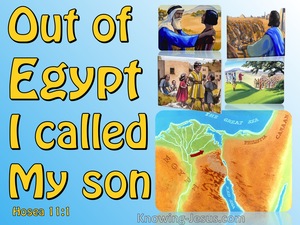
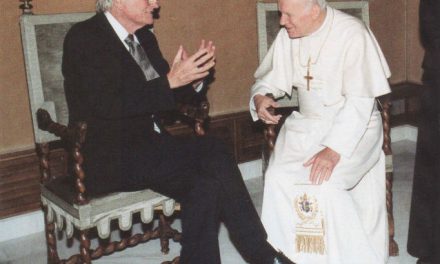
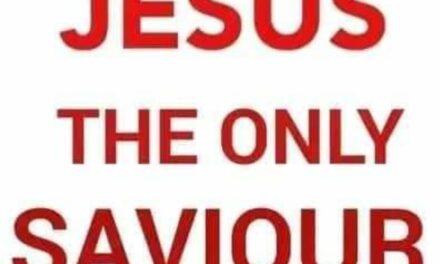
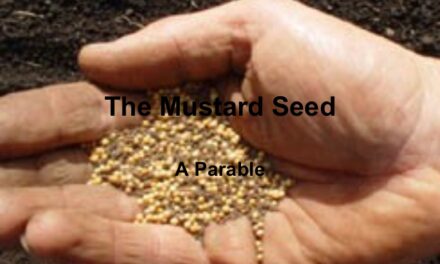
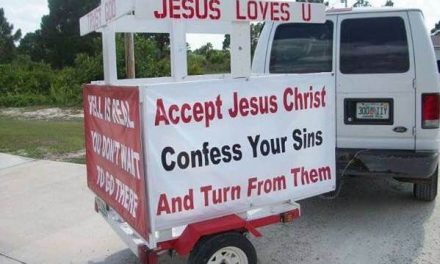


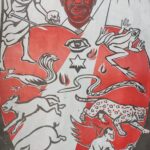
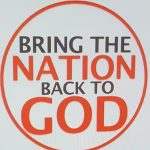

Recent Comments